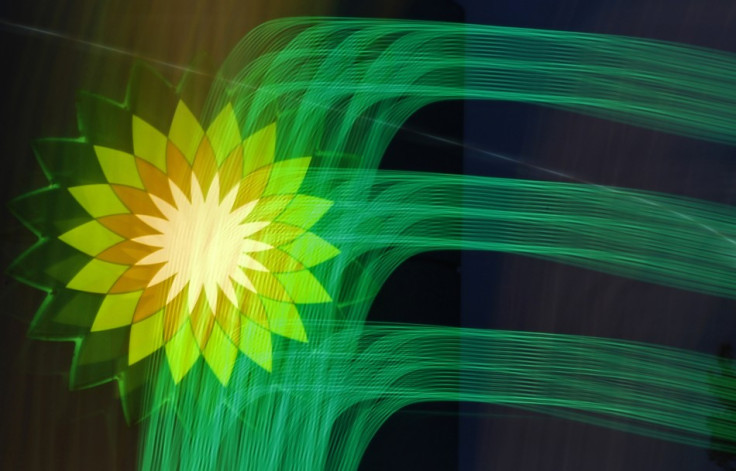BP to Offload US Wind Farm Operations to Go Leaner
Sale could fetch about $1.5bn

British oil major BP is divesting its wind farm division in the US as the company focuses on the high-yield oil and gas projects rather than renewable energy investments.
BP believes that it can create more value for shareholders through the sale than further investment in the division. The company's wind power division, one of the largest in the country, operates 16 wind farms in nine US states and generates 2,600 megawatts of energy. It also has a portfolio of project in different stages of development.
Though the company did not value the division, a statement from the firm said that it expected "attractive offers" for the assets. However, according to a Financial Times report, the unit could fetch about $1.5bn (£988m, €1.2bn).
BP invested £4.6bn in the renewable energy sector under Lord Browne, who served as the company's chief executive from 1995 to 2007. At the end of 2011, the company exited from solar power business by closing its panel factories and the Alternative Energy headquarters in London.
The company has invested just about $1bn per year in renewable energy sources since 2005, in contrast to its planned capital spending of more than $20bn per year.
The sale of wind farm operations would leave the oil major with only its biofuels business, primarily sugar cane ethanol in Brazil and some research initiatives as remnants of its ambitious "Beyond Petroleum" move.
In order to pay part of its liabilities following the Deepwater Horizon oil spill disaster in 2010, BP is selling assets worth about $38bn. With the planned sales, the company is looking to reposition itself as a leaner company with prime focus on its high-margin oil assets.
Like other energy companies such as Royal Dutch Shell, BP lost the initial enthusiasm in renewable sources due to uncertainties regarding government subsidies and profit margins in the clean energy sector. Meanwhile, traditional energy sectors including oil rebounded with better returns and further opportunities to develop large gas fields.
After having invested substantially in the renewable energy sector over the past decade, Shell dropped its plans in 2009.
© Copyright IBTimes 2025. All rights reserved.






















